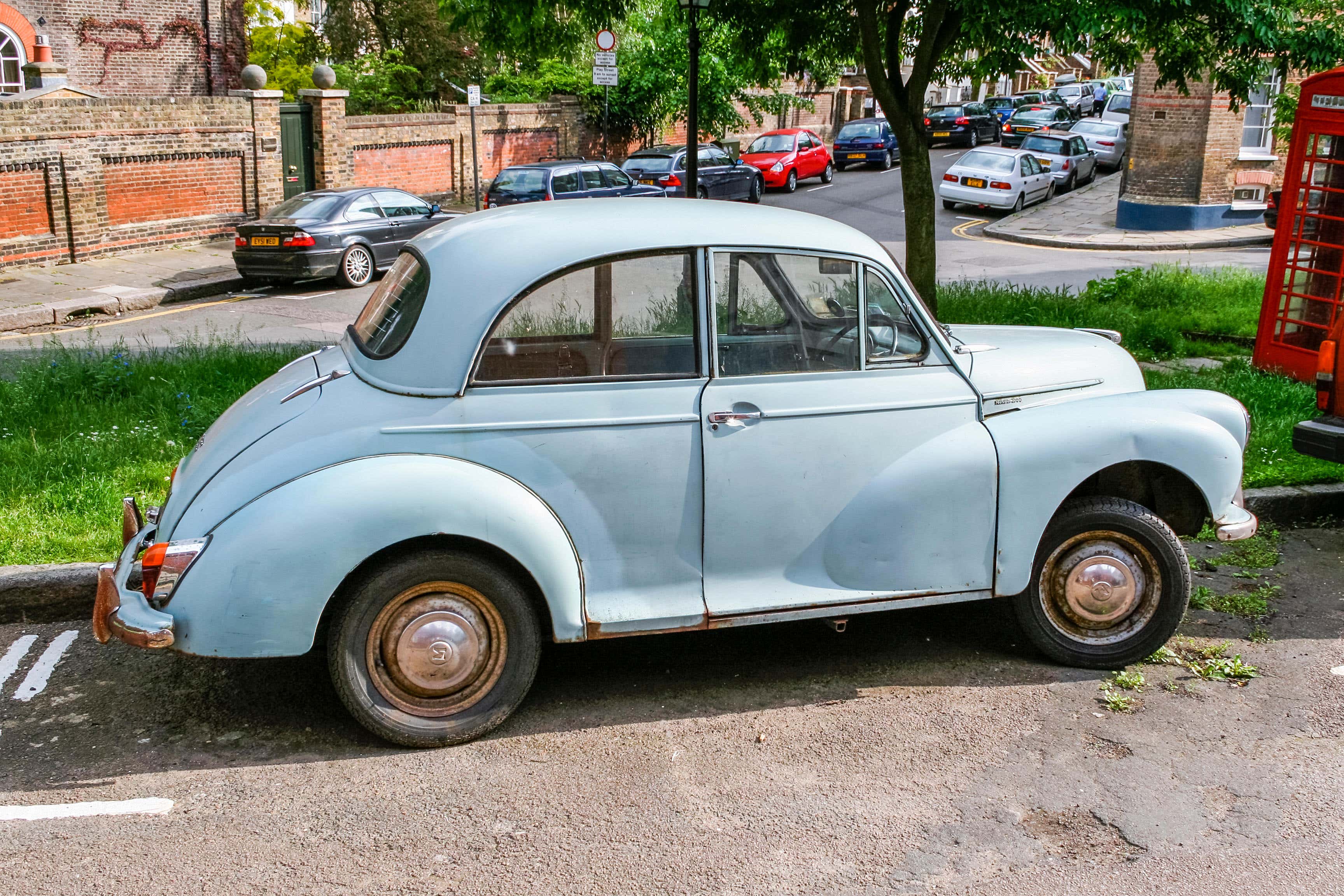Rise of the old banger: Cars remaining on the roads for longer
Disruption to new car production since the start of the coronavirus pandemic has led to an increase in the number of old cars remaining in use.

A record 15.4 million cars on Britain’s roads will be at least 10 years old by 2027, according to new analysis.
Drivers will be behind the wheel of an extra 3.6 million decade-old cars in five years compared with 2021, a forecast by automotive classified advertising company Auto Trader suggested.
It attributed the increase on disruption to new car production since the start of the coronavirus pandemic.
Drivers will have to get used to paying more for older cars
Shortages of semiconductors and other parts have left two million older cars on the road compared with pre-virus trends.
This has pushed up the average asking price for 10-year-old cars on Auto Trader by £2,000 to £6,176 since 2019.
The BMW 3 Series, Volkswagen Golf and Ford Fiesta are the most popular decade-old models among potential buyers.
Auto Trader director Ian Plummer told the PA news agency: “The aftermath of Covid means that around 40% of cars on the road will be more than 10 years old in five years’ time.
“The sheer shortage of cars, combined with the practical necessity for drivers to stay on the road, is pushing prices higher.
Vehicle reliability has improved in recent years but there is no getting away from the fact that older cars are more likely to develop faults, are more costly to maintain and are more polluting
“As long as those market dynamics remain in place, drivers will have to get used to paying more for older cars.”
Auto Trader based its forecast on analysis of Driver and Vehicle Licensing Agency data.
Retailer Halfords expressed concerns over the implications of older cars remaining in use.
Chief executive Graham Stapleton said: “Vehicle reliability has improved in recent years but there is no getting away from the fact that older cars are more likely to develop faults, are more costly to maintain and are more polluting.
“This represents a risk to road safety, yet another squeeze on motorists’ wallets and a threat to the UK’s emissions reduction goals.
“With an ageing car fleet, it’s more important than ever that people keep their cars properly maintained, serviced and up to date with their Mot.”
Bookmark popover
Removed from bookmarks